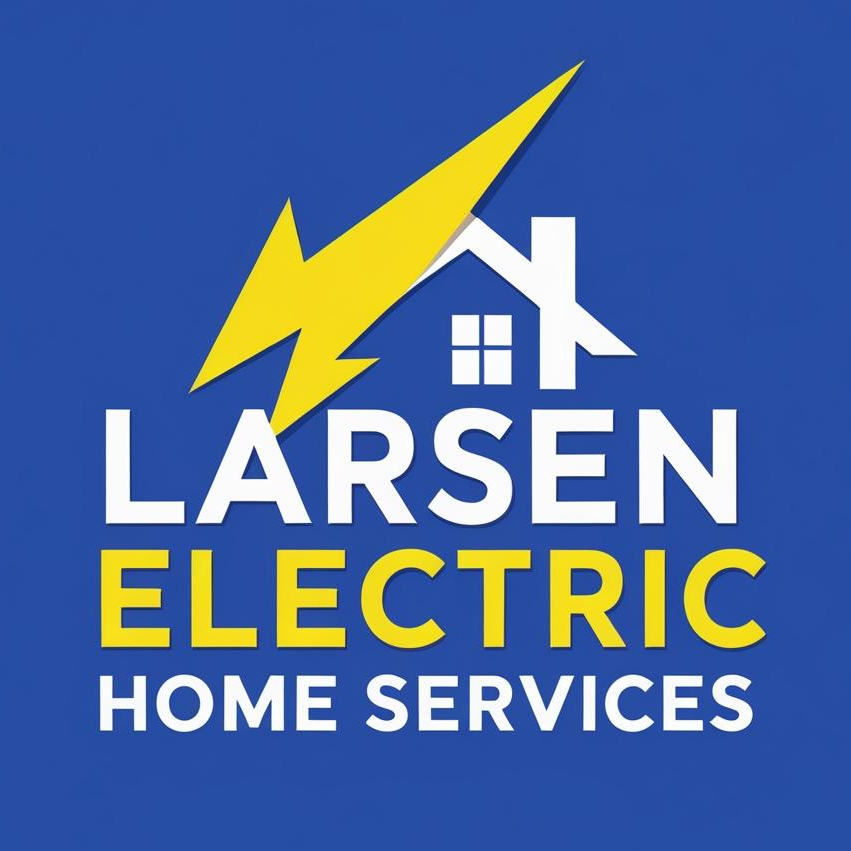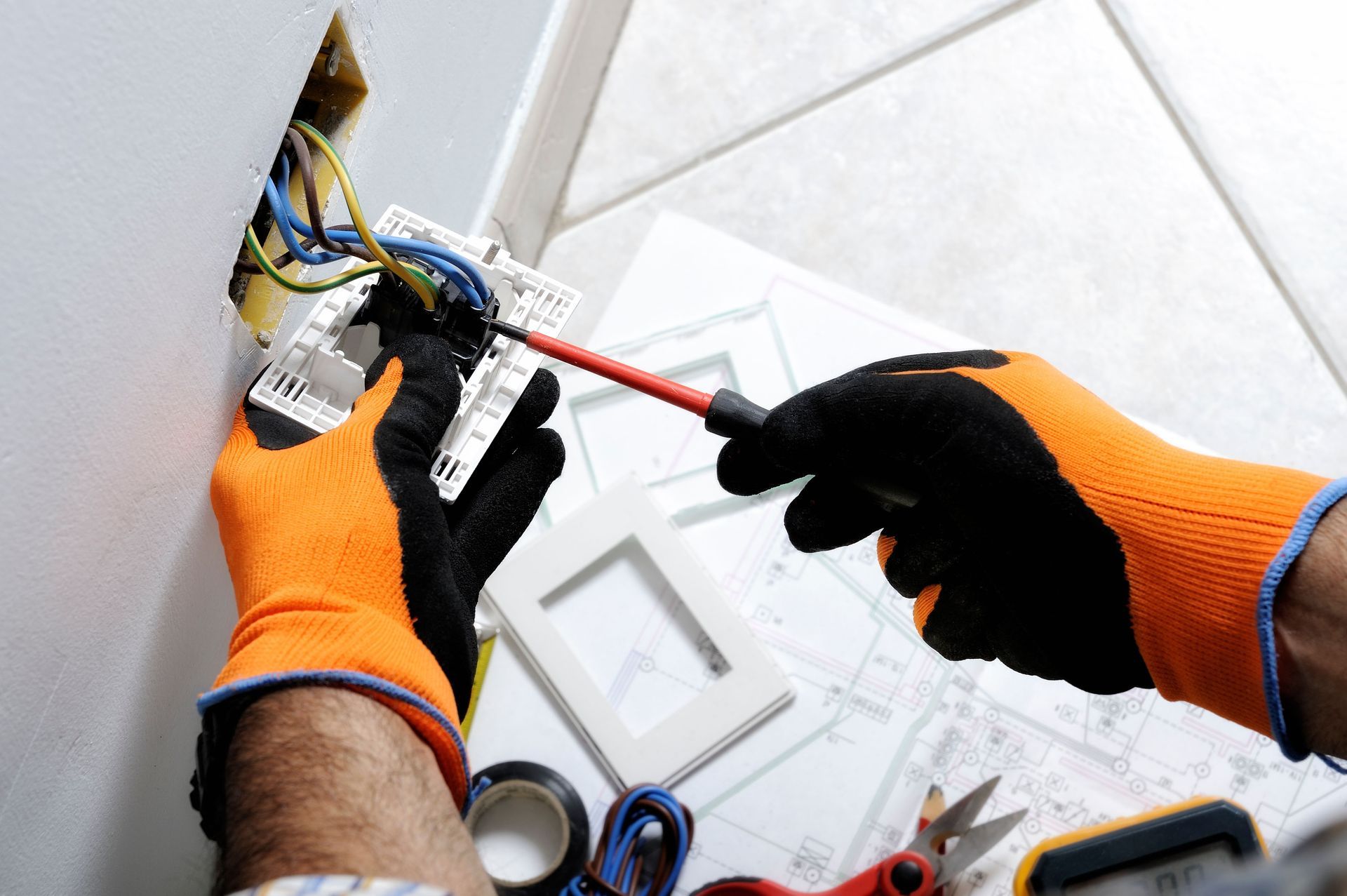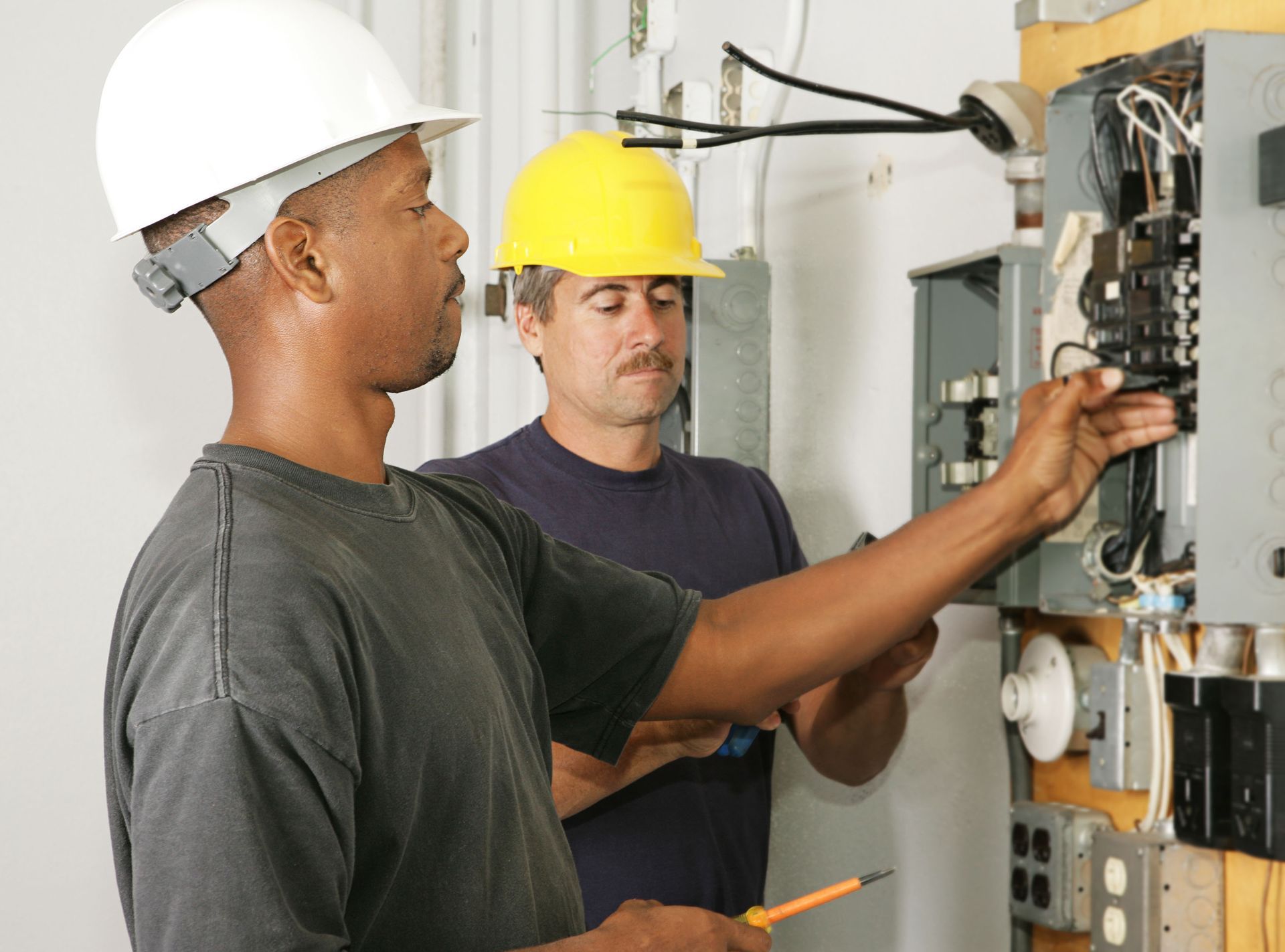July 29, 2025
Understanding common electrical problems in the home is crucial for safety and efficiency. This article explores the most frequently encountered electrical issues and offers guidance on when professional intervention is essential. By gaining insight into these common issues, homeowners can take preventive measures and make informed decisions.
1. Flickering Lights
Flickering lights are often one of the first signs that there may be an issue with an electrical connection. Though not always dangerous, this phenomenon can indicate underlying problems that require attention. Understanding why lights flicker is the first step in diagnosing the severity of the situation. It can be caused by minor disturbances, such as a loose bulb, or more significant issues, such as a faulty wiring connection. Knowing the difference between these causes is essential in determining when to take action.
Causes of Flickering Lights
The causes of flickering lights range from benign to potentially hazardous. One common cause is a loose or faulty bulb, which can be easily fixed by simply tightening or replacing it. Another possibility is a dimmer switch that is incompatible with certain types of light bulbs. More serious causes include loose wiring or problems in the electrical panel, which require professional attention due to the risks involved. According to Family Handyman, electrocution is more common with 120-volt electricity, the typical voltage found in most homes, emphasizing the importance of addressing any electrical concerns promptly.
When to Call an Electrician
It is crucial to recognize when a professional should be called to address flickering lights. If the flickering is widespread or occurs frequently across various parts of the home, this may indicate a systemic problem. An electrician should be consulted if you suspect faulty wiring, which can be a fire hazard. Additionally, if you see sparks or hear unusual sounds accompanying the flickering, these are signs of a more serious problem. Professional electrical services are equipped to handle such issues safely and efficiently.
2. Tripping Circuit Breakers
Circuit breakers are designed to trip as a safety measure to prevent electrical fires. The most common reason for a tripped breaker is circuit overload, which occurs when too many appliances run on the same circuit simultaneously. Short circuits, caused by faulty wiring or a broken appliance, can also cause breakers to trip. Ground faults, where electrical current finds an unintended path to the ground, are another potential cause.
Signs of Overloaded Circuits
Symptoms of an overloaded circuit include flickering lights, buzzing outlets, and appliances that fail to reach full power. You may notice a burning smell emanating from outlets or notice discoloration on switches. If breakers trip immediately when turned on, this is a clear sign of an overload. Frequently using extension cords can also indicate an overloaded circuit, as they're often a temporary solution to a shortage of outlets. Being aware of these signs can aid in recognizing an overloaded circuit before it becomes a more severe issue.
When to Involve a Professional
If you have attempted to troubleshoot the problem and the breaker continues to trip, it may be time to call a professional. Electricians can assess the situation, ensuring there is no dangerous underlying issue. They can identify whether there is faulty wiring, mismatched appliances, or defective members within the circuit. When the safety of your household is at stake, professional evaluation is often the most prudent choice. Do not hesitate to reach out to expert electrical services if you're uncertain about the safety of your system.
3. Electrical Surges
Electrical surges can be caused by a variety of factors, including lightning strikes, power outages, and malfunctioning appliances. Surges are brief spikes in voltage that can damage electronic equipment and appliances. Faulty wiring can also contribute to electrical surges, creating an unpredictable electrical environment in the home. Some surges originate outside the home, from utilities or nearby industrial equipment, while others are generated internally.
Short-Term vs. Long-Term Problems
Short-term effects of electrical surges can include blown fuses, tripped circuit breakers, and minor damage to appliances. In contrast, long-term problems may manifest as gradual degradation of electronic components, reducing their lifespan. Equipment that repeatedly sustains minor damages might experience performance issues or complete failure. Addressing the root cause of frequent surges can save on long-term costs associated with repairing or replacing damaged items.
Consulting an Expert
Consulting professional electrical services is often necessary when dealing with frequent electrical surges. An expert can evaluate your electrical system, identify vulnerable areas, and recommend solutions. They may suggest upgrading grounding systems, installing whole-house surge protection, or correcting wiring problems. Electricians are equipped to diagnose complicated electrical issues and ensure the safety of your home.
4. Dead Outlets
Dead outlets are a common problem that can occur without warning. The most apparent sign is the complete lack of power to any device plugged into the outlet. Other indicators include visible scorch marks or a burning smell, which may reflect underlying electrical problems. In some cases, a tripped circuit breaker or a triggered ground fault circuit interrupter (GFCI) can cause outlets to go dead. Keeping an eye on these signs can help address the issue before it worsens.
Potential Causes
Potential causes for dead outlets vary, ranging from simple to more complicated electrical faults. A loose wire may disrupt the connection and should be rectified by a skilled electrician. Damaged or deteriorated outlets can occur over time, necessitating a replacement to maintain safety standards. Corroded connections or internal problems within the outlet can lead to loss of power. Recognizing these potential causes will help determine when a more detailed investigation by a professional is needed.
Professional Repair Options
Hiring a certified electrician to address dead outlets ensures a safe and effective solution. Professionals will assess the wiring, connections, and panel to identify the root cause of the problem. They can replace faulty outlets and ensure your electrical system complies with current safety standards. Electrical services possess the tools and expertise needed to fix complex issues without compromising your home's safety.
5. High Electric Bills
Rising electric bills can be disconcerting, often prompting homeowners to analyze their electricity usage. A detailed review of past bills can help identify trends in energy consumption. Comparing current usage with previous periods may reveal unusual patterns or spikes in consumption. Monitoring usage can be achieved through smart meters or tracking systems provided by utility companies. Understanding how and when energy is used in your home is vital for uncovering inefficiencies and controlling costs.
Possible Electrical Culprits
Identifying appliances or systems responsible for high energy consumption requires a systematic approach. Large appliances such as refrigerators, air conditioners, and water heaters can significantly impact electricity usage. Faulty wiring or inefficient appliances can cause excessive wastage of energy, leading to increased costs. Older or malfunctioning electrical components may fail to operate efficiently, increasing overall consumption. A thorough inspection of electrical systems by a professional can pinpoint areas of improvement.
Consulting an Energy Auditor
Enlisting the help of professional electrical services can provide valuable insights into energy use and efficiency. Energy audits assess current energy consumption patterns and identify areas for improvement. Auditors can recommend alterations, such as upgrading insulation or adjusting thermostat settings, to enhance efficiency. They evaluate the effectiveness of home systems and suggest measures to optimize energy use.
Electrical issues in the home can range from minor inconveniences to significant safety hazards. Knowing when to contact a professional can prevent damage and ensure the safety of your household. Our team at Larsen Electric is your trusted partner for electrical services in the greater Salt Lake City area! Contact our licensed, bonded, and insured today for a quote.


